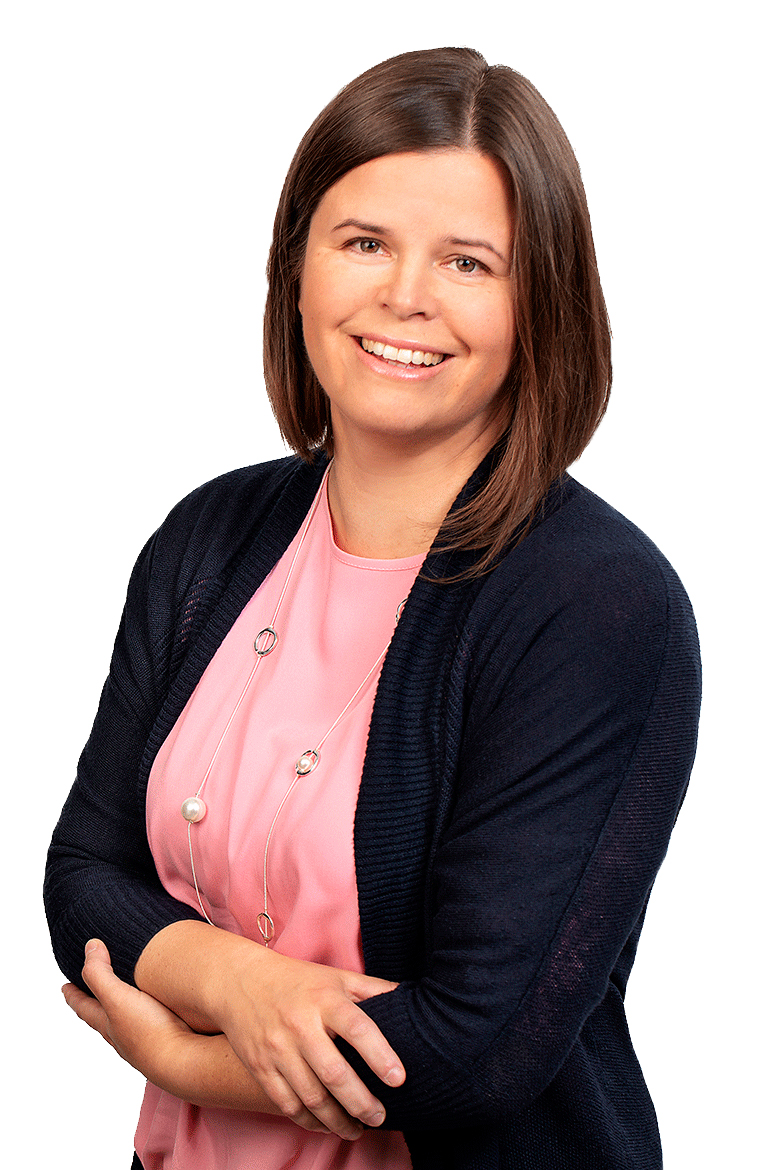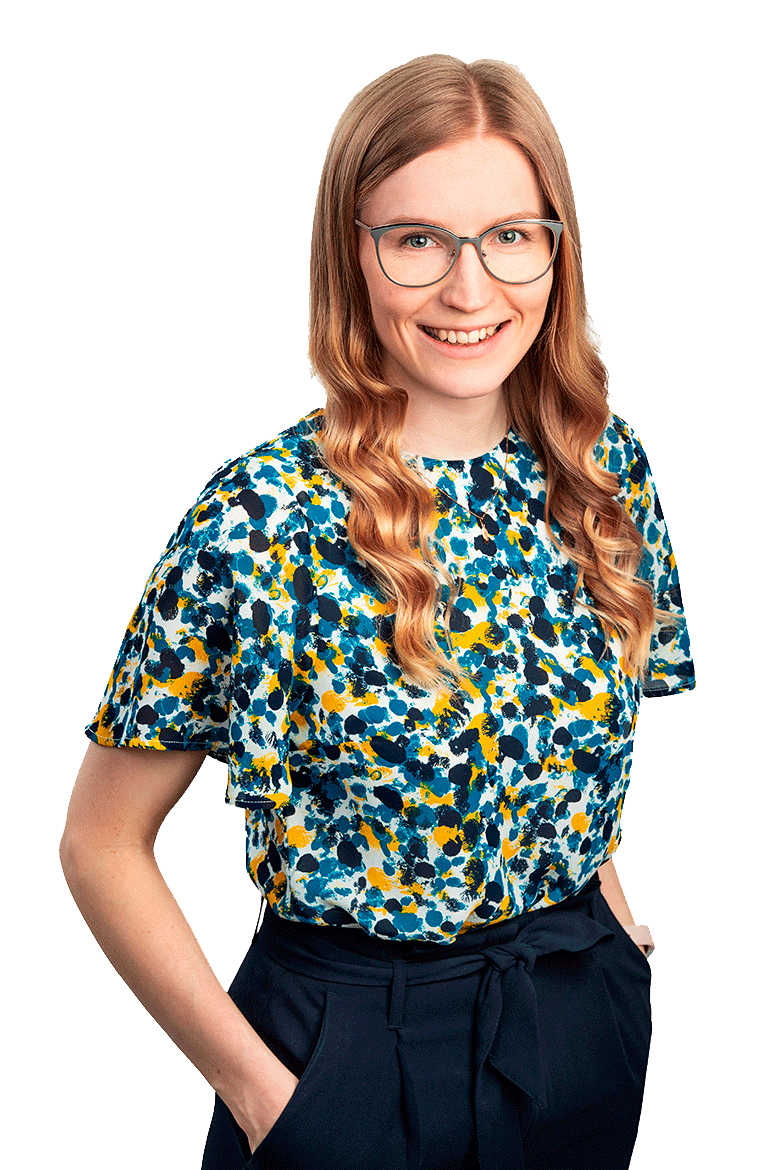Payers Expect Clearer Demonstration of Health Technology Benefits
Sweden and Finland are leaders in developing and applying health technology and provide ideal environments for conducting Health Technology Assessments (HTA) for medical devices.
The availability of stem cell transplantation (SCT) and novel immunochemotherapies (ICTs) have improved the outcomes of multiple myeloma therapies. However, it is not clear in a big picture how treatment patterns have changed longitudinally and what is the magnitude of burden associated with the treatment and follow-up of multiple myeloma in Finland.
We analyzed hospital data lake data and examined 509 adult MM patients treated with ICTs in 2013–2019 in the Hospital District of Helsinki and Uusimaa, Finland. Compared with a nontransplant group, patients eligible for stem cell transplantation had a better 5-year survival rate (74.4 % vs 44.0 %) but used high levels of specialty care resources.
At seven years of the follow-up of the 509 patients, total estimated cumulative any-cause specialty care costs per patient, excluding medications, were approximately 148 000 euros (95 % CI: 134 000–161 000) in SCT-eligible patients and 64 000 euros (95 % CI: 58 000–70 000) in non-eligible individuals. Respective average per patient year costs were 33 000 euros (95 % CI: 30 000–37 000) and 21 000 euros (95 % CI: 18 000–22 000). The treatment costs of patients with better survival continued growing for several years after diagnosis.
This study highlights the value of hospital data lakes and computer-assisted analysis of large patient cohorts with complex treatment patterns. These results are valuable to strategies combatting the healthcare burden in the management of multiple myeloma.
The study was published in Future Oncology.
Real-world evidence of multiple myeloma treated from 2013 to 2019 in the Hospital District of Helsinki and Uusimaa, Finland
Link to publication.

Sweden and Finland are leaders in developing and applying health technology and provide ideal environments for conducting Health Technology Assessments (HTA) for medical devices.

Medaffcon's operations in Sweden are well-established and growing, offering pharmaceutical companies RWE studies and Market Access services delivered by Data Scientists, Market Access experts, and RWE specialists working together. A key therapeutic area is oncology.

The prognosis for patients with multiple myeloma (MM) has improved as treatments have advanced, but the disease remains incurable. The prevalence of the disease is increasing in Finland as the population gets older. This is evident from a recently published nationwide retrospective study based on real-world evidence (RWE).

Sr. Scientific Advisor
PhD
kristiina.uusi-rauva@medaffcon.fi
Kristiina joined Medaffcon’s RWE team in the fall of 2019. She holds a PhD and her doctoral dissertation concentrated on cell biology of a rare neurological disease. After defending her PhD, Kristiina worked on projects using iPS cell technology in several different research groups for rare diseases. In addition, she has experience in the most common diseases, as she has worked with diabetic research, for example.
“In this work, we can see from the field how know-how is effectively acquired and for what purposes it is used in healthcare. I look forward to seeing the full potential of biobank sample collections for future use in RWE research, including rare diseases”.

Sr. Data Scientist
MSc (Tech.)
Johanna joined Medaffcon on February 2020 just after finishing her masters’ degree at Aalto University with major in bioinformatics and digital health. Previously, Johanna has been working as a research assistant both in brain imagining and in computational systems biology while reinforcing her knowledge in signal processing, analyses of genetic data, artificial neural networks, and development of new methods and tools to analyse genetic data. Johanna possesses strong knowledge in analysing genetic data thanks to broad know-how in life sciences but also in data and computational sciences. Johanna is a solution-oriented team worker, who does not fear to set goals high.
Johanna is interested in enhancing healthcare through bioinformatics and data sciences by combining both the medical and the computational know-how to cure diseases, improve healthcare and take step towards more personalised healthcare.
“I eagerly wait how the genome sequencing and gene testing revolutionise the medical field and boost more personalised treatments. Also, I believe that one day, we will have artificial intelligence as a standard tool for aiding doctors to diagnose and treat patients.”